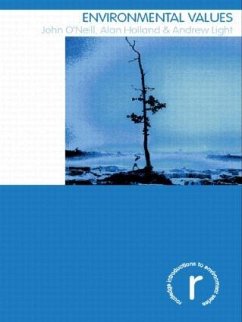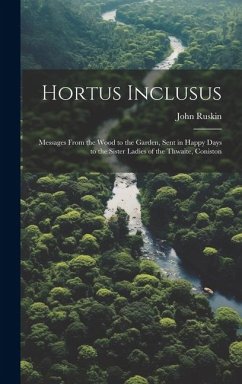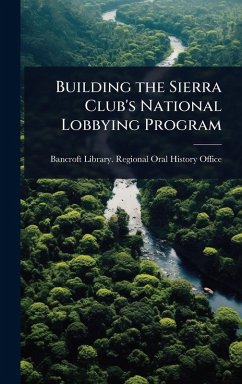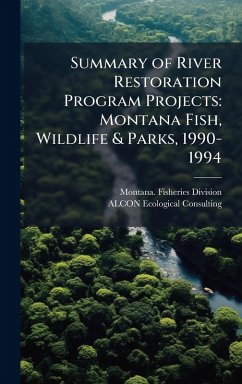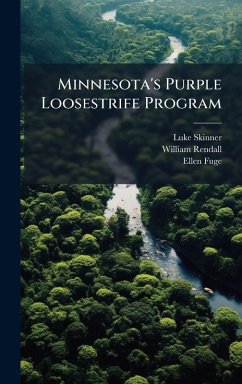
3 Days in the Life of an Environmental Program Manager
A Reflection on the Identity Crisis in Planning and the link between Planning Theory and Practice
Versandkostenfrei!
Versandfertig in 1-2 Wochen
9,99 €
inkl. MwSt.

PAYBACK Punkte
0 °P sammeln!
Research Paper (undergraduate) from the year 2013 in the subject Environmental Sciences, , course: Urban and Regional Planning, language: English, abstract: This is a piece of writing that reflects on one of the current debates in the field of planning - the subject and profession of planning. I narrate how my three-day experience with a biologist working with community groups, corporate organizations and local governments to create and maintain dynamic urban green spaces in communities within the south-western Canadian province of British Columbia exposed my intellectual naivety about the ver...
Research Paper (undergraduate) from the year 2013 in the subject Environmental Sciences, , course: Urban and Regional Planning, language: English, abstract: This is a piece of writing that reflects on one of the current debates in the field of planning - the subject and profession of planning. I narrate how my three-day experience with a biologist working with community groups, corporate organizations and local governments to create and maintain dynamic urban green spaces in communities within the south-western Canadian province of British Columbia exposed my intellectual naivety about the very profession I am aspiring to become. My critical assessment of the contributions of the environmentalist, who is without formal training in community development or social planning, to community-building and social mobilization through his environmental and climate change mitigation programs, as well as the manner in which he deals with the daily challenges he encounters, shows how appropriate a professional planning identity, if so cherished by him, would be legitimate and justifiable. Focusing on the questions of what planning is and what planners do, I judge this assertion by scrutinizing the activities, communication acts, knowledge and skill-base of the biologist, from both practical and theoretical lenses. My findings and analysis display planning's elusive dilemma of being a knowledge power house; show how change is effected at the grassroots; shed insight on the link between planning theory and practice; and offer some useful insights for those considering a profession in community development and social planning. It also notes that, while planning is increasingly becoming expansive, threatening its traditional identity and rendering it somewhat vague, its relevance and uniqueness remains unquestionable in our current world bedeviled by a complex maze of challenges of an unprecedented scale.



